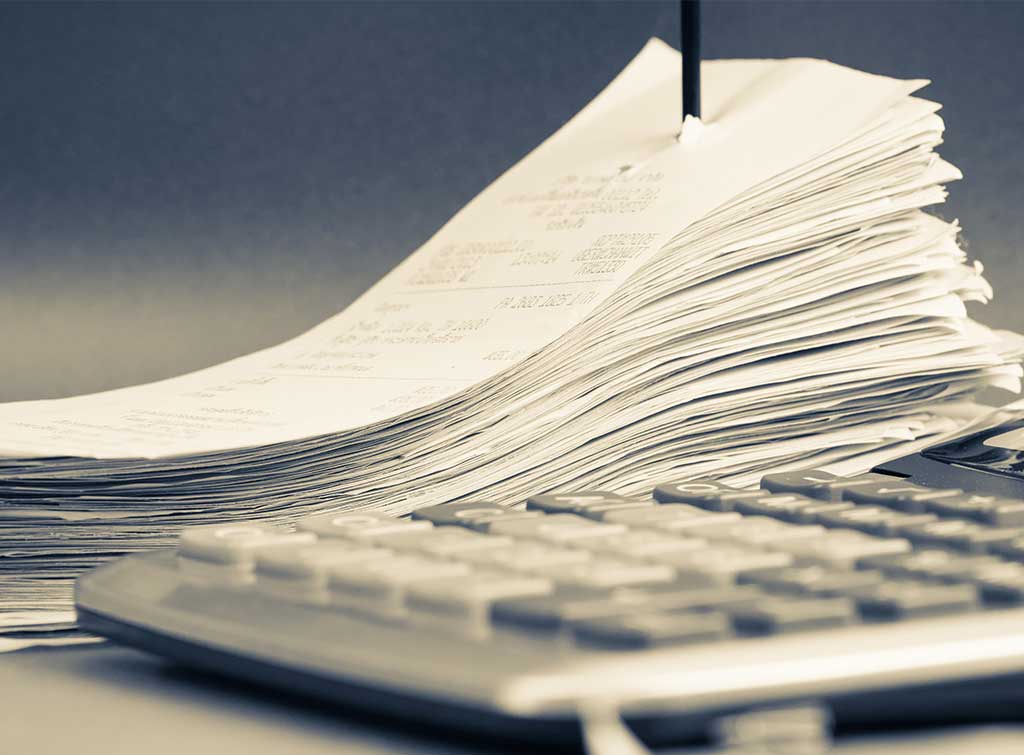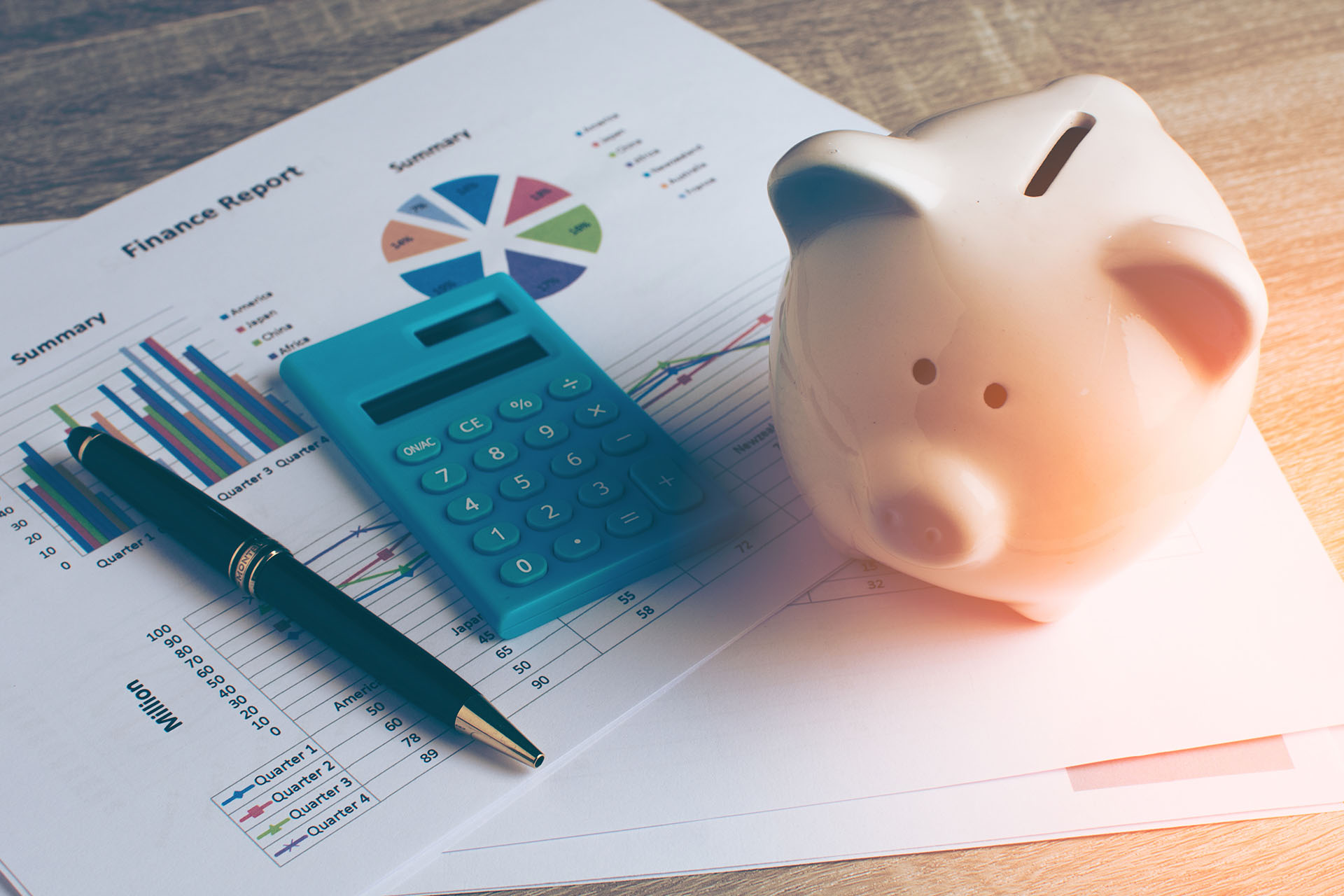Blog>Trade>Finance>16 commonly asked accounting questions
Last updated: 19 March 2024
16 commonly asked accounting questions
What accounting questions do tradespeople most want to ask an accountant? Our small business accounting guide has the answers.

Tradespeople are usually too busy running their businesses to think about accounting questions. But when questions do crop up, it's probably vital to know the answers. Whether it’s how to be more profitable or whether they're complying with HMRC rules.
How do accountants help tradespeople?
Some accounting questions depend on if you are a sole trader, a partnership or a limited company. Remember, there’s more to accounting than just number crunching and working out how much tax you owe.
Asking an accountant questions on a wide range of business issues can be very helpful to tradespeople. A good accountant will also help small business to flourish and grow.
Commonly asked accounting questions
Here’s a round-up of 16 commonly asked accounting questions – and answers – in a handy small business accounting guide:
1. How much does an accountant cost?
The answer depends on the type and size of the business. Accountants can be flexible in their fees, so it’s worth getting a few quotes.
Perhaps more important than their fees is whether you get on with them. And do you feel your accountant can help your business to succeed?
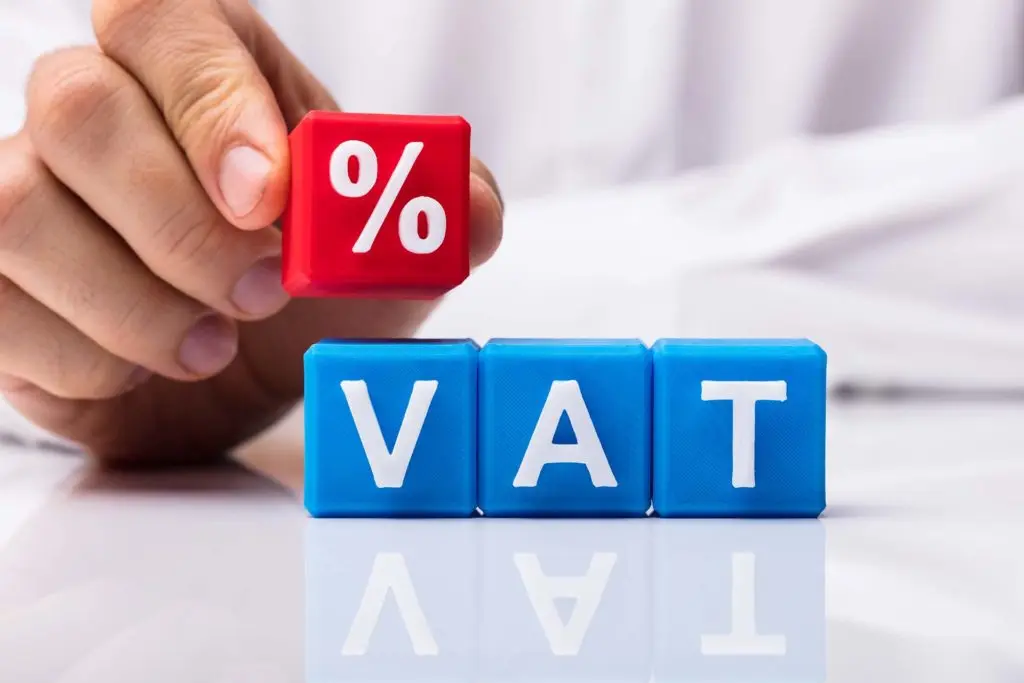
2. Does my trade business have to pay VAT?
Currently, the threshold above which businesses have to charge VAT on their sales and services is £85,000 turnover.
You can register your business for VAT if you are below this limit. This can be helpful if you buy a lot of goods and materials. There are lots of benefits for small business to be VAT registered.
3. Does my trade business have to pay corporation tax?
Only if you are a limited company. You pay corporation tax on the taxable profits of your business. Corporate rates have changed recently.
You also have to complete a company tax return and file limited business accounts at Companies House.
4. What are the benefits of paying company dividends?
Limited companies can pay their shareholders dividends. Bear in mind that they count as part of your income.
If you are a shareholder in your limited company, there are tax advantages in paying yourself dividends. You’ll need to keep up with changes in dividend tax rates.
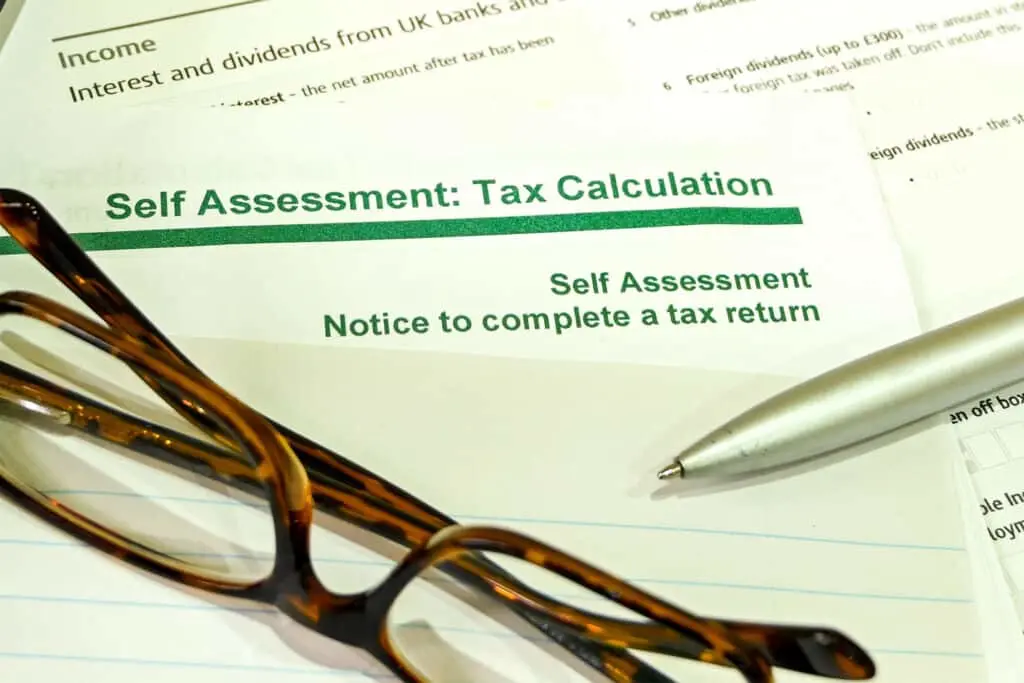
5. I’ve set up in business, do I have to complete a tax self-assessment?
Yes, if you are a sole trader or your business is a partnership. You’ll need to complete an annual self-assessment return and tell HMRC of your earnings.
Your self-employed tax overview will determine what tax rate you have to pay.
6. What is a director’s loan?
If you’re the director of a limited company then this might apply to you. A director’s loan can be in two directions.
You can lend money to your company. Or you can take out money from your business that HMRC regards as a loan. There are tax rules on director’s loans.
7. Should I be thinking about starting a company pension?
Definitely. It’s never too early for self-employed tradespeople to start contributing to a private pension. If you are a director or employee then your business should also have a pension scheme.
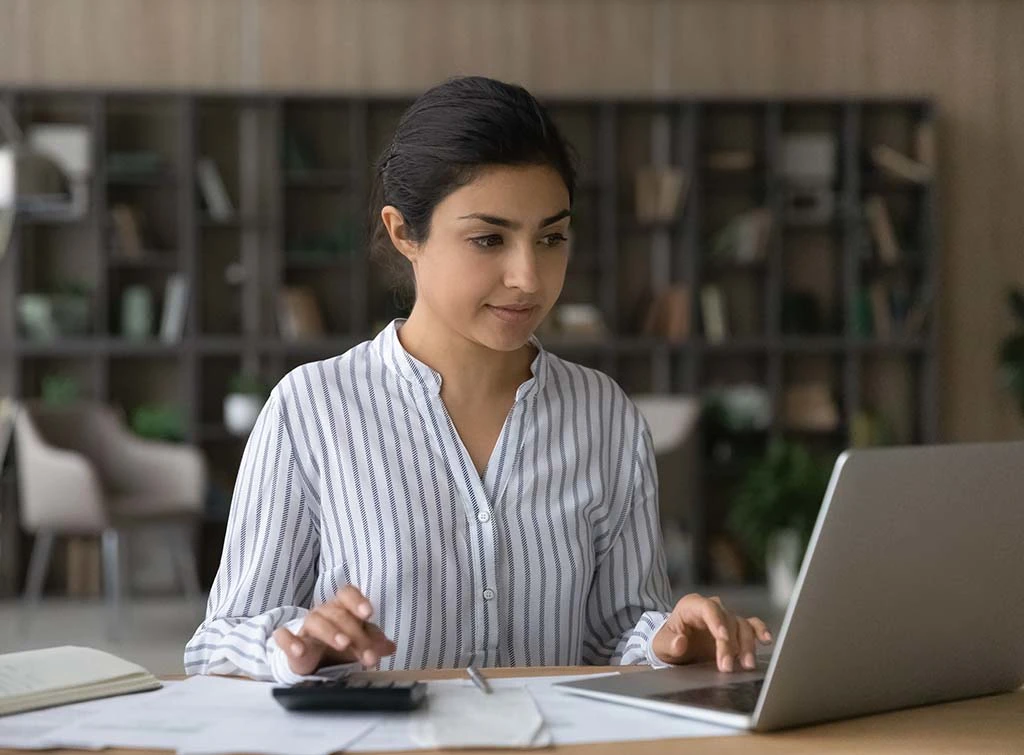
8. How do I know what payments to include as business expenses?
HMRC has rules on what business expenses are allowable for reducing your tax bill. You need to make sure you know what business expenses are allowable. Also, you should be aware of what expenses aren’t tax deductible.
9. I’m worried about by business losing money when I buy materials, what can I do?
A good idea is to look at making a mark up on materials. It’s a useful way to add in related costs to charge customers. This could include delivery and storage costs.
10. I’ve just bought a van for my business – how do I account for the cost?
There are different ways depending on whether you’re a sole trader, a partnership or a limited company. The cost of a vehicle is called capital expenditure.
Business assets classed as capital expenditure include vehicles, equipment and machinery, office fittings, computers and property.
You might also need to know about depreciation. This is a way of spreading the cost of a business asset over a number of years of profits.
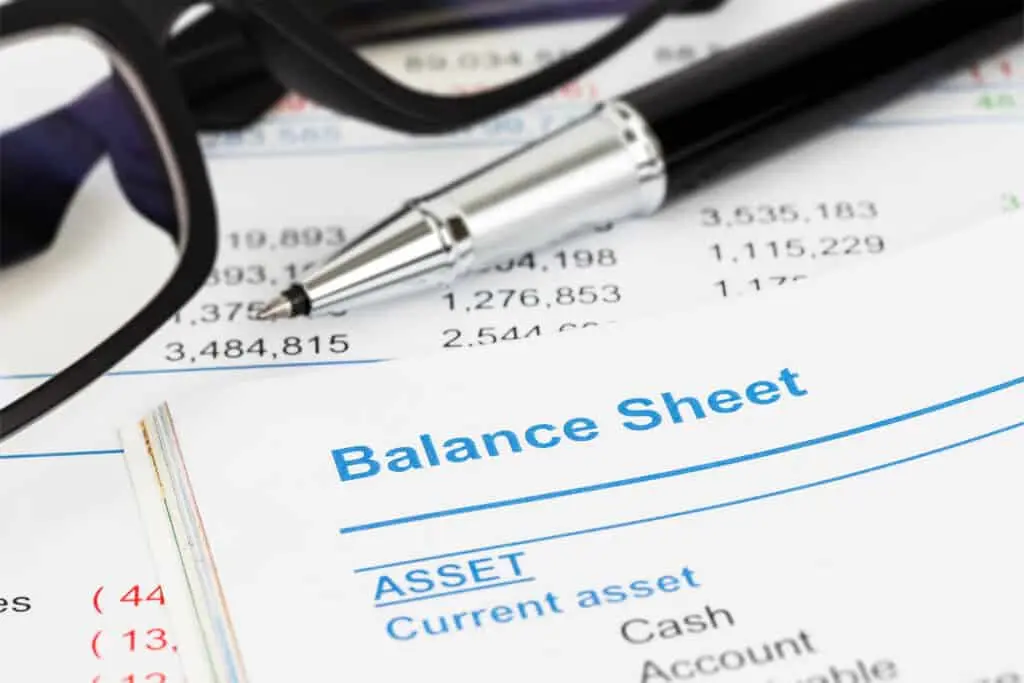
11. What’s a balance sheet and why is it called that?
It’s a snapshot of your assets and liabilities on a given date. If you are a limited company then you’ll need to include a balance sheet in the accounts you have to submit annually to Companies House and HMRC.
A balance sheet has two sides that equal each other. One side is the total of your assets minus your liabilities. The other is the equity (shares) in the business plus the profits it has earned up to the balance sheet date.
12. I’ve just taken on an employee – do I have to make PAYE payments?
You might. It depends on how much they earn. Pay As You Earn (PAYE) includes income tax and National Insurance for employees.
13. Help! My business keeps running out of money – what can I do?
It sounds like you have cash flow problems. This commonly happens when you have to make payments before you receive income from jobs. There are lots of ways to improve your cash flow.
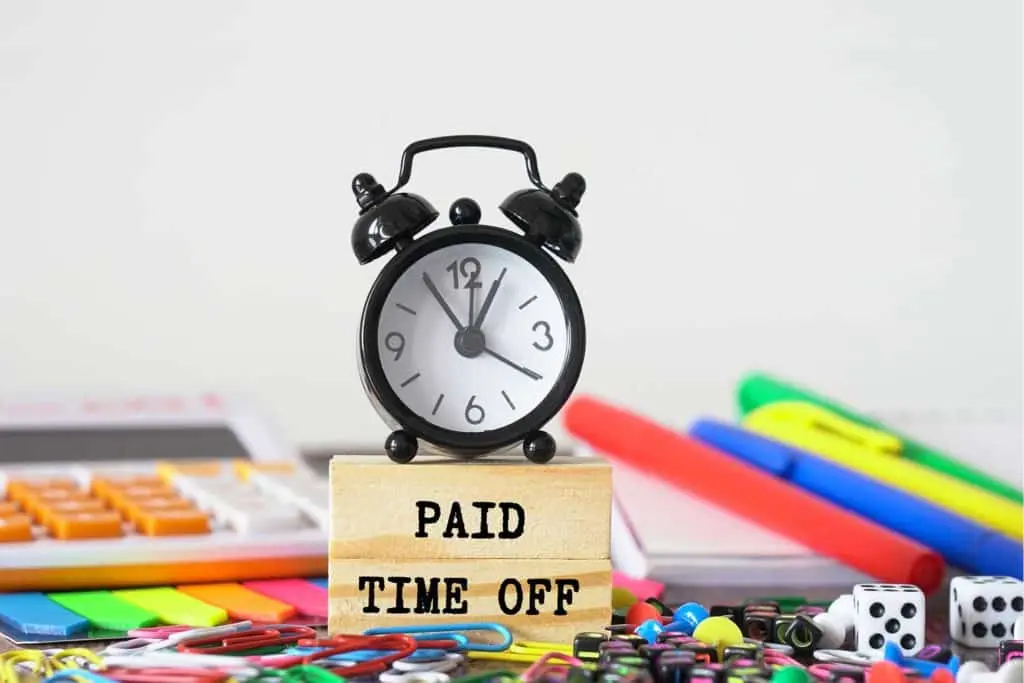
14. How is holiday pay calculated?
HMRC has various rules on how a business works out holiday pay for its employees. This includes part-time staff and people who work irregular hours.
15. What help can you give me to make my business more profitable?
Putting in place some financial planning would be a good start. You can set business goals and decide how to achieve them.
This could include not only profits but also the types of work and customers you have. And don’t forget about wellbeing as part of running a business.
16. I run a small business so do I have to comply with legal rules and regulations?
There are lots of different legal and professional compliance requirements for tradespeople. It really depends on what type of business you run.
As well as meeting legal rules, being compliant can also help you win more business, make more profit and reduce business expenses.
Key takeaways
Common accounting questions cover a broad area depending on whether you are a sole trader, partnership or limited company
Small business accounting questions typically focus on areas like VAT, tax, pay, pensions, business expenses and capital assets
Asking accounting questions can go beyond just submitting tax information to HMRC. A good accountant can help you improve your productivity and profitability
Ready to take your business to the next level?
Get more work and develop your trade
DISCLAIMER
This is information – not financial advice or recommendation. The content and materials featured or linked to on this blog are for your information and education only and are not intended to address your particular personal requirements. The information does not constitute financial advice or recommendation and should not be considered as such. Checkatrade website is not regulated by the Financial Conduct Authority (FCA), its authors are not financial advisors, and it is therefore not authorised to offer financial advice. Always do your own research and seek independent financial advice when required. Any arrangement made between you and any third party named or linked to from the site is at your sole risk and responsibility. Checkatrade blog and its associated writers assume no liability for your actions.
